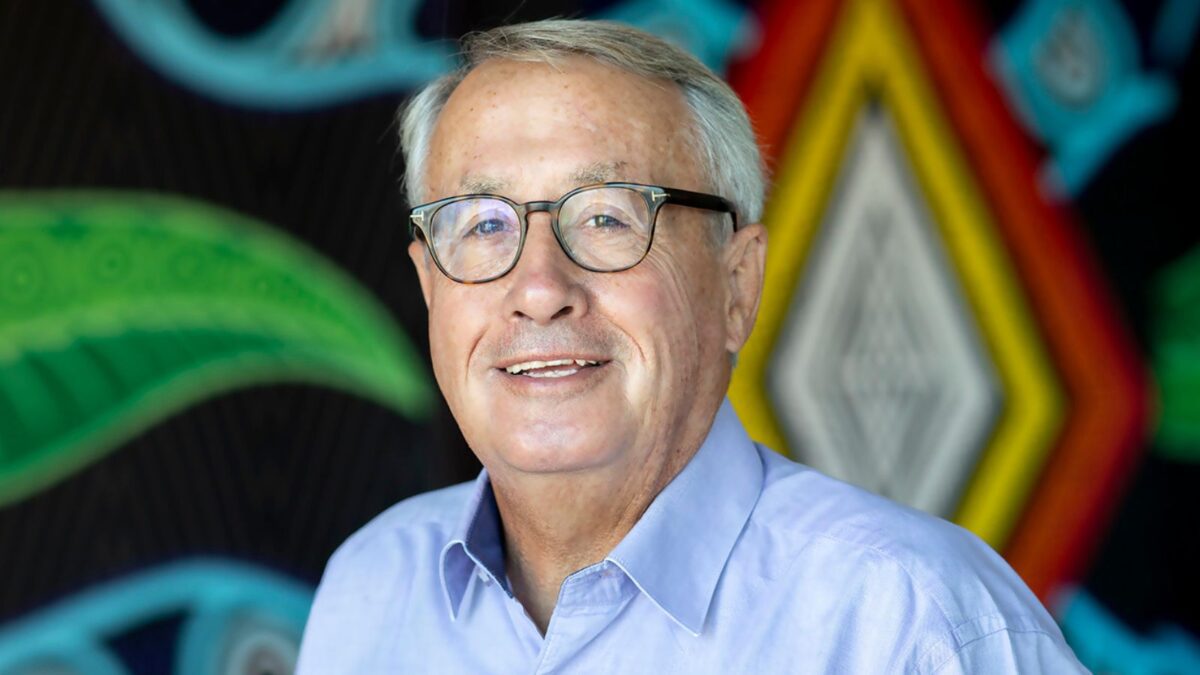UK vote not a ‘wake-up-and-buy’ alarm – Russell
(pictured: Graham Harman)
Russell Investments has adopted an after-Brexit stay-in-bed policy, according to the group’s latest quarterly market outlook. Russell cautions investors against buying into the recent Brexit-related dip in markets, given the over-arching fundamentals globally.
The Russell report says share prices would have to experience “substantial moves” up or down before the global multi-manager executed its current strategy “to buy equity market dips and sell rallies”.
“This happened in mid-February when global equities had fallen nearly 20 per cent from their 2015 highs, as measured by the MSCI All Country World Index, triggering our contrarian ‘buy’ signals,” the Russell report says. “There has been plenty of volatility subsequently, but even after the Brexit vote, it has not been of a magnitude to trigger another signal.”
While the UK vote has ramped up market volatility, Russell says investors have broader concerns to ponder.
“Fading cycle fundamentals and flat equity market momentum suggest that markets are being driven more by noise than fundamentals,” the report says. “We worry that risk assets, like equities and corporate credit, are vulnerable to bad news given the backdrop of very expensive US equity valuations, a potentially more hawkish Fed, poor corporate profit performance, and uncertain global growth trends.”
In an era Russell Investments has dubbed “the new mediocre”, Asia-Pacific is the stand-out region with projected annual growth of 3.5-4 per cent for 2016.
The result, low by recent historical standards, “still compares very favorably to the US and Europe”, the Russell report says, where growth is tipped to hit 2 per cent and 1.5 per cent respectively over 2016.
In a statement, Graham Harman, Russell’s Sydney-based senior investment strategist, Asia Pacific, said the region was “providing few surprises” at the mid-year point.
“The latest Chinese GDP numbers, at 6.7 per cent, may be the slowest since the financial crisis, and ‘mediocre’ in that sense, but it’s a very creditable pace of expansion for all that,” Harman said.
Meanwhile, national income growth in Australia and NZ was being hampered by poor terms of trade.
“However, strong export volumes are supporting the real GDP readings at close to 3% growth, a little ahead of our prior expectations,” Harman said.
Despite the relatively strong performance of the Australasian economies, the Russell report says “it’s hard to envisage meaningful upside to the slow-and-steady paths that are currently being traced out”.
“Australia and New Zealand are both buoyed by effervescent housing cycles at present and, while we are not forecasting crashes, we do see headwinds ahead in that sector,” the report says.
Overall, Russell has maintained a “broadly neutral” allocation between equities and bonds in the wake of the shock British vote to quit the European Union. On balance, the report says modest rate rises in the US coupled with “unconventional easing” in Europe and Japan will keep the bond cycle in check.
“The net result is that the upward pressure on bond yields from inflation pressures in the US will be muted by deflation pressures in the rest of the world. Bond yields are likely to rise, but only modestly,” the report says.
In equities, Russell says it remains underweight the US and UK and with small overweights to other developed regions “fairly evenly distributed”.
“We’re neutral emerging markets, where attractive valuations are offset by business cycle headwinds from deleveraging risks, along with the potential for further Fed tightening,” the Outlook report says.
Last week Russell also told clients London-based global fixed income manager, Albert Jalso, would decamp to Seattle to assume portfolio management duties in the US bond team.
After nine years based with Russell in the UK, US ex-pat Jalso would be replaced by, James Mitchell in September.
Mitchell has served 17 years on the Russell fixed income team, the last 10 as back-up manager for Jalso, the client note says.
– David Chaplin, Investment News NZ









